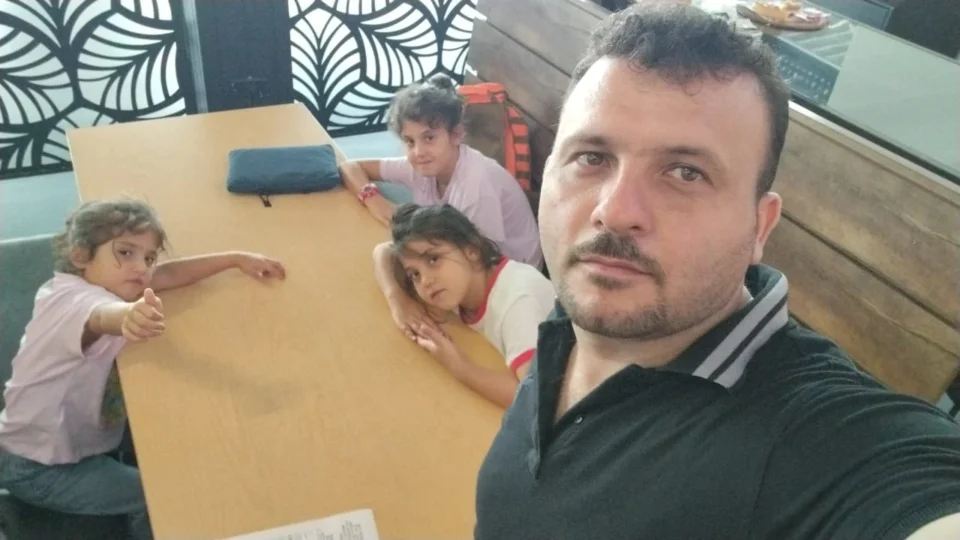KIGALI, Rwanda – Rwandan authorities have deported a Turkish refugee and his three children to Turkey, defying United Nations protection measures and drawing condemnation from human rights advocates.
The refugee, Orhan Artar, a former educator who had been granted international protection by the UN High Commissioner for Refugees (UNHCR), was detained alongside his children while transiting through Kigali International Airport en route to Belgium.
According to family members and legal sources, the group was instead placed on a direct flight to Istanbul, where Turkish authorities arrested Artar upon arrival.
Artar is reportedly accused by Ankara of affiliation with the Gülen movement, a group the Turkish government considers a terrorist organization.
The movement, founded by exiled (deceased) cleric Fethullah Gülen, has been at the center of a sweeping purge following the failed 2016 coup attempt in Turkey.
Human rights groups argue that thousands of Turkish nationals have faced arbitrary detention, torture, and politically motivated prosecutions for alleged links to the group.
“This is a deeply disturbing violation of international refugee protections,” said a spokesperson for Human Rights Watch, noting that Rwanda is a signatory to the 1951 Refugee Convention.
“Deporting an asylum seeker with UN protection status to a country where they face a credible threat of persecution amounts to refoulement.”
The deportation has raised fresh concerns over Rwanda’s growing cooperation with countries that have come under scrutiny for authoritarian practices. While Kigali has received praise for its economic reforms and regional stability efforts, its human rights record remains under watch.
Neither the Rwandan Ministry of Foreign Affairs nor the Directorate of Immigration and Emigration has publicly commented on the incident.
UNHCR officials said they are seeking clarification and have requested that Rwanda uphold its obligations under international law.
The case underscores what critics say is an emerging trend of transnational repression—where authoritarian regimes pursue dissidents abroad with the cooperation of third-party governments.
Rwanda, which has faced past allegations of covertly targeting exiled opposition figures, now faces fresh scrutiny over its role in facilitating politically motivated renditions.
As of Monday, the whereabouts of Artar’s children remained unclear, though Turkish media reported that they were transferred to child protection authorities.
UN agencies and legal experts warn that the deportation could set a dangerous precedent if left unchallenged.
“This is not just about one man,” said a senior European diplomat in Kigali.
“It’s about whether international protection mechanisms are respected—or whether politics overrides human rights.”





